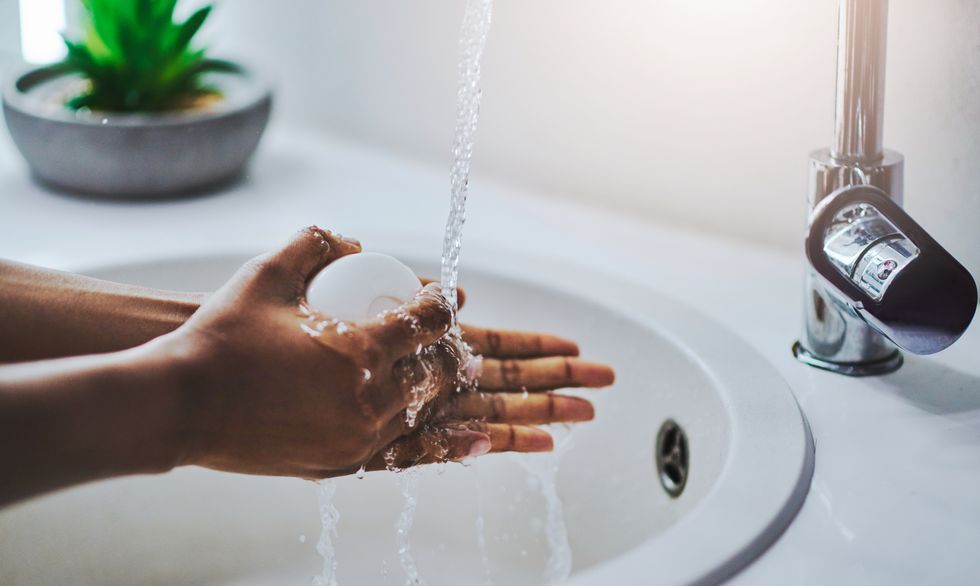
iStock.com/Delmaine Donson
Why Hand-Washing Beats Hand Sanitizers
Proper hand-washing with soap and water is one of the best ways to protect yourself during the cold and flu season.
Nov 07, 2019
Jun 22, 2022
Flu/Colds
Learn about our editorial policies

THURSDAY, Nov. 7, 2019 (HealthDay News) -- Proper hand-washing with soap and water is one of the best ways to protect yourself during the cold and flu season, an expert says.
Wet your hands with water, add soap, cover all surfaces, and rub vigorously for about 20 seconds. That advice comes from Dr. Roland Newman II, a family medicine physician at Penn State Health in Hershey, Pa.
"What the soap does as you are scrubbing is release all the dirt and germ particles from the surface of the skin," he said. "They get bound up in the soap lather so when you rinse, all those germs and debris get washed away."
The water temperature doesn't matter. It's the length of time you spend scrubbing and rinsing off appropriately that are important, Newman explained.
If you're in a situation where hand-washing isn't possible, use a hand sanitizer with an alcohol content of 60% to 95%, he suggested. Just be aware it's not quite as effective as soap and water.
You can keep hand sanitizers in places like your car, book bag or desk. But because they're alcohol-based, you should store them out of the reach of children. Kids should only use them with adult supervision, Newman advised.
While he said the claims on most hand sanitizers that they kill 99% of bacteria and germs are true, some germs are resistant. "Not all sanitizers are effective against norovirus and some health care-related bacteria," Newman said in a Penn State Health news release.
"For the average person, [sanitizers] are super-convenient, and I think they do have a place in hand hygiene," he said.
However, he added, it's important to remember that hand sanitizers do not replace proper hand-washing.
"Washing appropriately with soap and water can actually rid your hands of more germs and -- depending on what you are coming in contact with -- some chemicals," Newman said.
SOURCE: Penn State Health, news release
Copyright © 2019 HealthDay. All rights reserved.